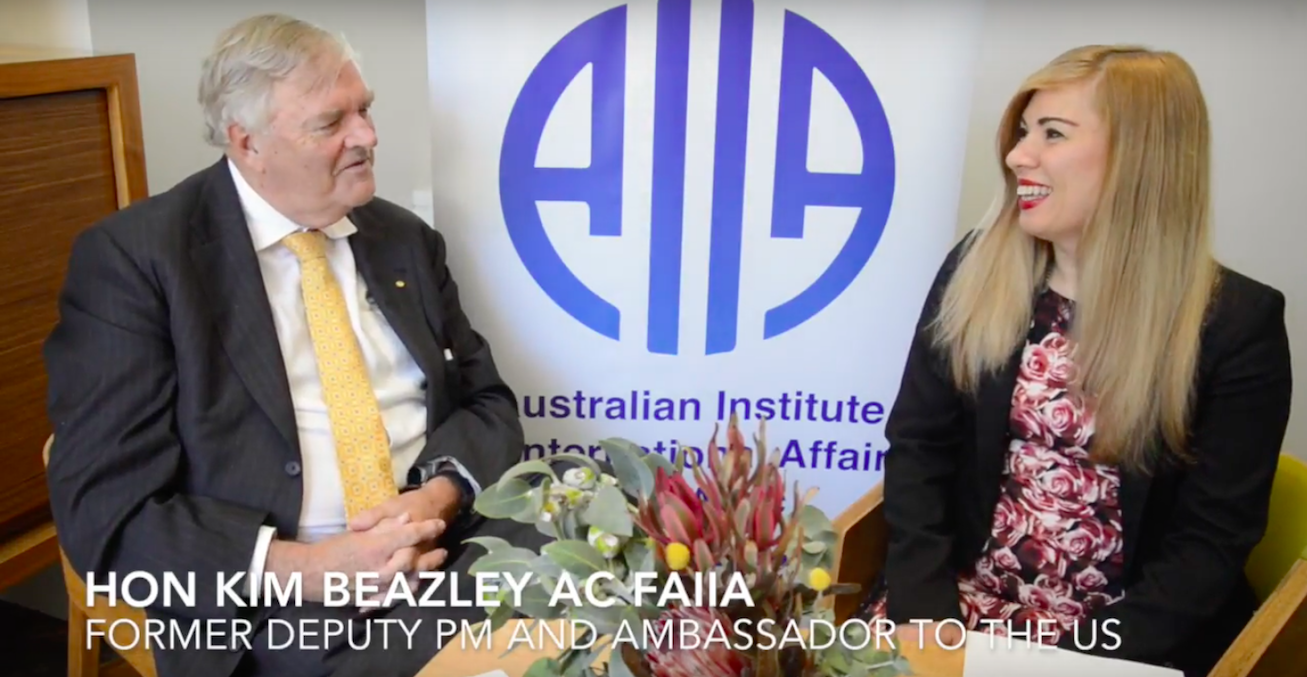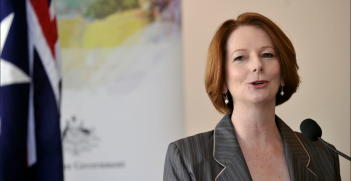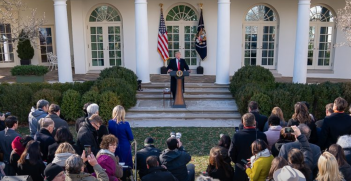The New US National Security Advisor and the Indo-Pacific

Australia had hoped to join hands with the US, Japan and India in a quadrilateral to maintain stability in the Indo-Pacific region. But with the hawkish John Bolton taking over as US national security advisor on Monday, this could all change.
On March 23, United States President Donald Trump announced in a tweet that he was removing H.R. McMaster as his national security advisor and that John Bolton would take over on 9 April. It means that next week, Bolton will become one of the most significant foreign policy voices in the Trump administration.
Despite a heavily partisan caucus, there is agreement across the board that Bolton’s rise indicates more unilateral US action. His hawkish stance is well known: he has advocated for preemptively bombing North Korea and has called for regime change in Iran. It seems Bolton is not well-inclined towards diplomacy and sees no problem as being too big for US power. Bolton’s concern with how to maintain US primacy in the face of relative decline, combined with his dislike of partnerships, does not bode well for the Indo-Pacific region and will likely demand change in Australian policy.
Former Australian Ambassador to the US and former National President of the AIIA the Hon Kim Beazley spoke with Flavia Bellieni Zimmermann of the AIIA for Western Australia about John Bolton, politics in the Indo-Pacific and the implications for Australia.
[podbean resource=”episode=7829n-8eb6d0″ type=”audio-rectangle” height=”100″ skin=”1″ btn-skin=”107″ share=”1″ fonts=”Helvetica” auto=”0″ download=”0″ rtl=”0″]
The Hon Kim Beazley AC FAIIA is a former national president of the AIIA and former Australian ambassador to the United States. He is also a former minister for defence, deputy prime minister of Australia, leader of the Australian Labor Party and federal opposition leader. He will become governor of Western Australia on 1 May 2018.
Interview by Flavia Bellieni Zimmermann.
Video and Photography by Nancye Miles-Tweedie.





